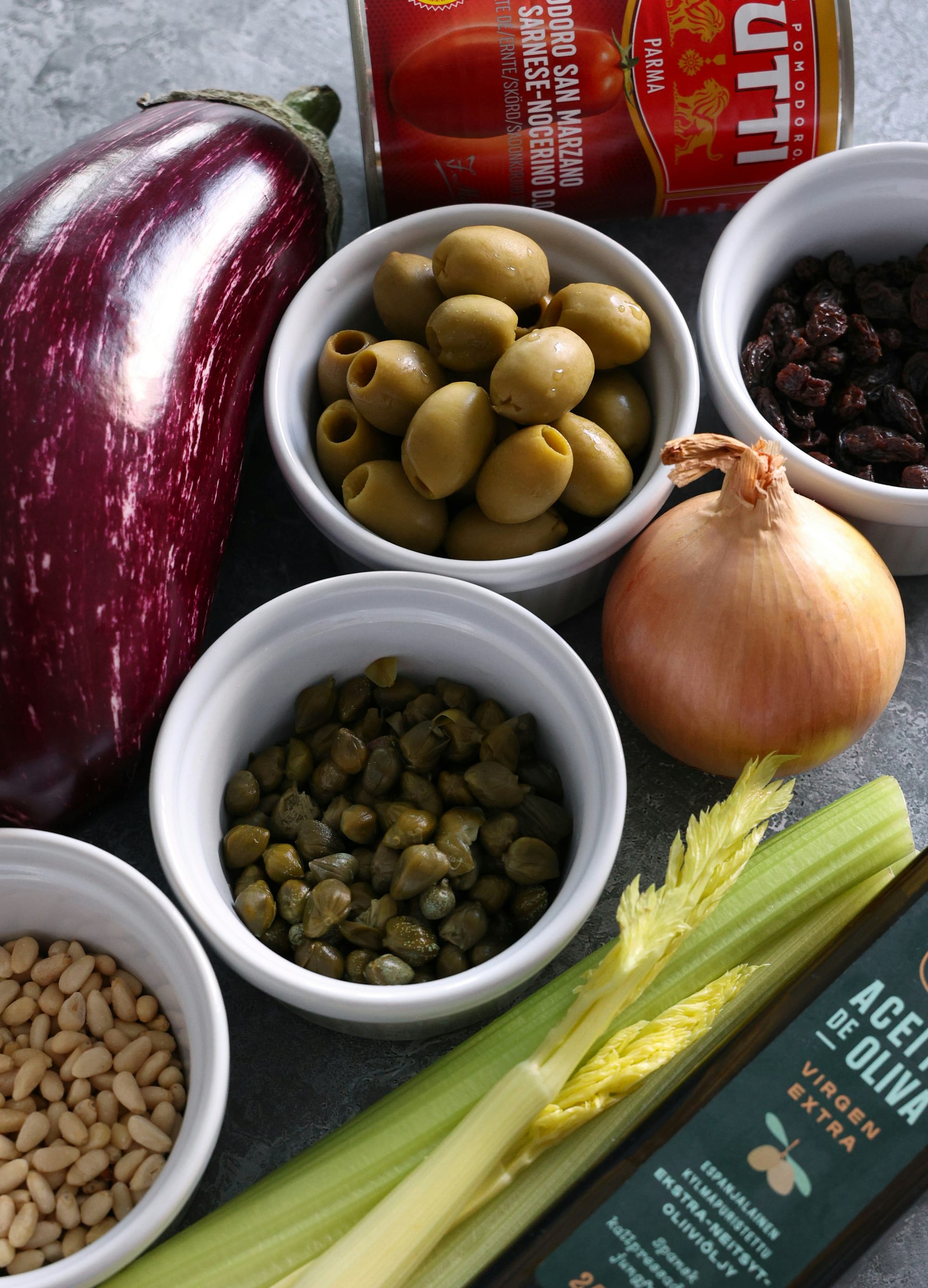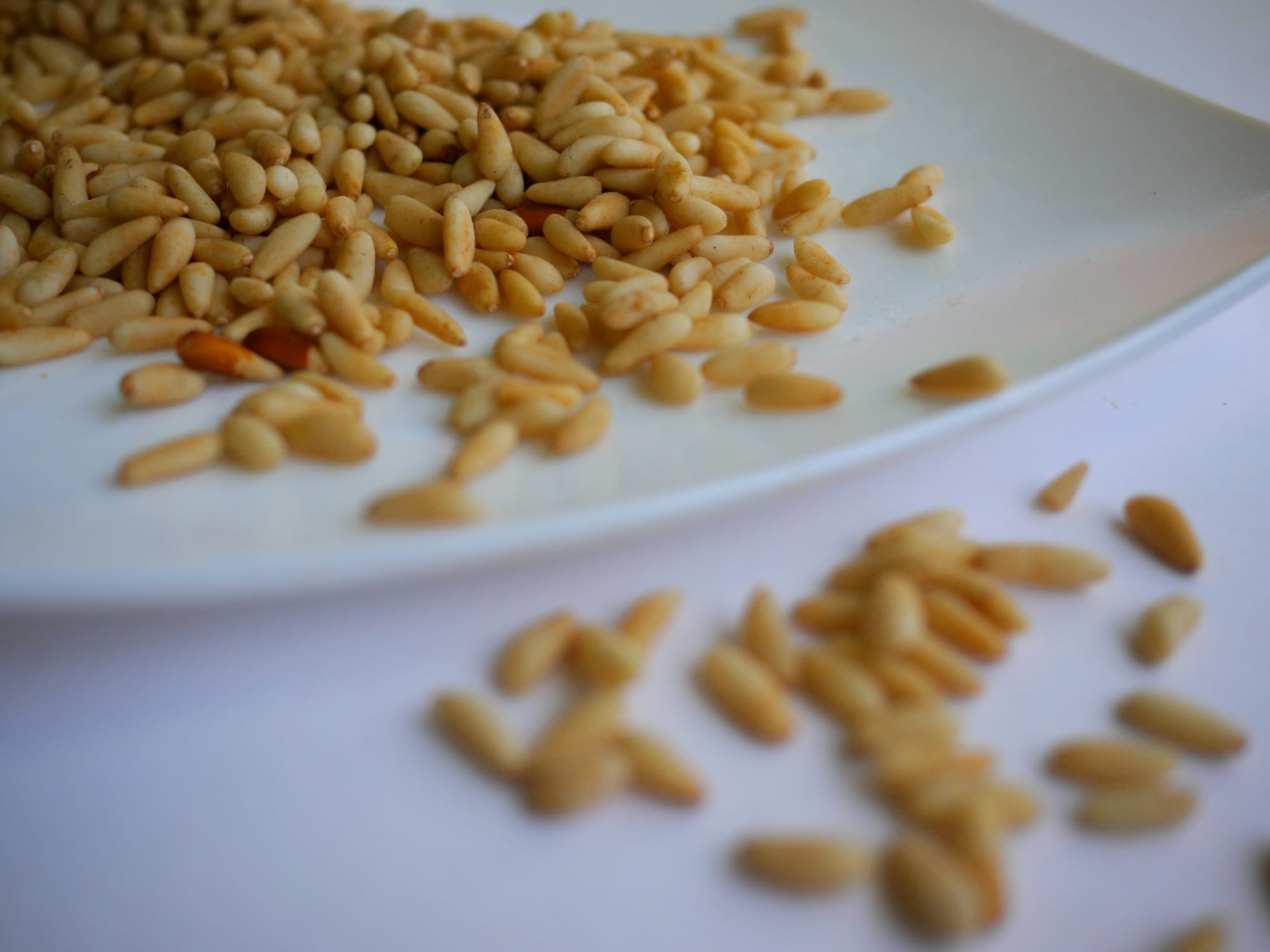Georgia’s pine nuts can play a vital role in addressing global food shortages and public health crises by offering a nutrient-dense, sustainable food source. Rich in protein, healthy fats, magnesium, and antioxidants, they promote heart health, brain function, and metabolic balance.
Cultivating them locally supports agricultural resilience and reduces dependence on imports. Their long shelf life and versatility make them ideal for emergency food supplies, aiding in disaster relief.

In the southwest - Pinon nuts are a type of pine nut that are smaller, have a richer flavor, and are higher in fat than other pine nuts. Both pinon and pine nuts are nutritious and have many health benefits:
Nutrition - Pinon nuts are rich in phosphorus and contain all amino acids, as well as vitamin A, thiamin, riboflavin, and niacin. Pine nuts contain protein, fiber, unsaturated fatty acids, vitamin E, vitamin K, copper, iron, magnesium, and manganese.
Health benefits - Pinon and pine nuts may help with heart health, diabetes, and inflammation. Heart health: Pine nuts contain pinolenic acid, which may reduce LDL (bad)
Cholesterol levels - Diabetes and heart disease: Regularly eating pine nuts or other seeds and nuts may help reduce the risk of diabetes and heart disease.Inflammation: Pinolenic acid has been shown in studies to reduce inflammatory markers.
Growing pinyon pine trees (species like Pinus edulis or Pinus monophylla), which produce edible pinyon nuts (also called pine nuts), indoors in Georgia presents significant challenges. However, the idea is creative and could have some merit if adjusted to realistic expectations. Here's an analysis:
Can Pinyon Pines Be Grown Indoors in Georgia in an emergency situation?
Yes, and no to a certain extent.
- Natural Habitat Challenges:
- Pinyon pines are native to arid and semi-arid regions of the southwestern United States. They thrive in well-drained, sandy soils and require a dry climate.
- Georgia's humidity and relatively high rainfall are not ideal conditions for these trees. Growing them indoors could help control humidity, but maintaining the dry conditions they require is difficult.
- Growth Period:
- Pinyon pines grow very slowly. It can take 10–25 years for a tree to begin producing nuts, making them less viable for short-term food security projects.
- Space Requirements:
- Pinyon pines can grow to 10–20 feet in height, even in controlled environments. Their size and long growth period mean they are not well-suited for typical indoor growing setups.
- Pollination Needs:
- Pinyon pines are wind-pollinated, requiring multiple trees in proximity to produce nuts. Indoor cultivation would need careful planning to mimic natural pollination or manual intervention.

Alternatives for Food Security and Weight Loss:
If the goal is to address food security, weight loss, and pandemic preparedness, consider the following:
- Other Nut-Producing Plants:
- Dwarf almond or hazelnut trees: These have shorter growth cycles and can be more suitable for container gardening or controlled indoor environments.
- Fast-growing plants like peanuts or high-yield crops like sunflower seeds can also provide nut-like nutrients.
- Microgreens and Fast-Growing Vegetables:
- For immediate food security, focus on fast-growing, high-nutrition options like micro-greens, leafy greens, and sprouts. These can be grown indoors with minimal space and equipment.
- Hydroponic or Aeroponic Systems:
- Advanced indoor growing systems can produce a variety of crops, including small fruits and vegetables, year-round with controlled environments.
- Weight Loss and Nutritional Balance:
- Incorporating protein-rich and low-calorie foods such as beans, lentils, and quinoa can aid in weight loss and military readiness while being easier to grow or procure.

Strategic Food Security for Pandemics:
- Diversification of Crops: Focus on a mix of fast-growing and long-term crops.
- Seed Banks: Store viable seeds for staple crops to ensure food resilience during crises.
- Community Agriculture Initiatives: Encourage local indoor or community gardens with crops suited to Georgia's climate and soil.
While pinyon pines are not the ideal candidate for widespread indoor cultivation in Georgia, fostering a diverse food production system can support your goals of ensuring food security, improving nutrition, and preparing for emergencies.
One might ask about the benefits of pine nuts on brain / mental health and public health. Pine nuts, including those from pinyon pines, are nutrient-dense seeds that can benefit overall health. Here's a breakdown of how their nutritional components might impact the conditions you mentioned:
1. PTSD and Schizophrenia
- Potential Benefits:
- Pine nuts are rich in magnesium, which may help support brain health and reduce symptoms of anxiety and stress, potentially benefiting individuals with schizophrenia.
- They also contain omega-6 fatty acids, which support brain function.
- Limitations:
- While a healthy diet can support brain health, there is no direct evidence that pine nuts specifically treat PTSD or schizophrenia.
2. Stroke Prevention
- Potential Benefits:
- High in monounsaturated fats: These can help reduce bad cholesterol levels, improving cardiovascular health and lowering stroke risk.
- Rich in antioxidants like vitamin E: These reduce oxidative stress, a risk factor for stroke.
- Arginine, an amino acid in pine nuts, can improve blood flow and vascular health.
3. Heart Health
- Potential Benefits:
- Heart-friendly fats: Pine nuts contain monounsaturated and polyunsaturated fats, which support heart health by improving cholesterol profiles.
- Magnesium: Helps regulate blood pressure and prevent heart disease.
- Plant sterols: Found in pine nuts, these compounds can reduce LDL cholesterol.

4. Diabetes
- Potential Benefits:
- Low glycemic index: Pine nuts do not cause rapid spikes in blood sugar levels.
- Healthy fats: Help improve insulin sensitivity.
- Magnesium: Supports glucose metabolism.
- Considerations:
- Pine nuts are calorie-dense, so portion control is essential for those with diabetes.
5. Respiratory System
- Potential Benefits:
- Antioxidants, like vitamin E, can reduce inflammation, which might help with respiratory conditions.
- Zinc: Supports immune health, which is vital for respiratory infections.
- Limitations:
- There is no specific evidence linking pine nuts to direct improvements in respiratory diseases.
6. Urinary Tract
- Potential Benefits:
- While pine nuts do not have specific properties for urinary tract health, their antioxidants may help reduce inflammation, which could indirectly benefit the urinary system.
7. Prostate Health
- Potential Benefits:
- Zinc, found in pine nuts, is essential for prostate health and may reduce the risk of prostate disorders.
- Anti-inflammatory properties could benefit conditions like prostatitis.
8. Malaria
- Potential Benefits:
- Pine nuts are nutrient-dense and may support overall immune health, which can help the body combat infections, including malaria.
- Limitations:
- Pine nuts do not have specific antimalarial properties. Treatment for malaria requires specialized medications.
Key Nutrients in Pine Nuts Relevant to Health:
- Healthy fats: Support heart and brain health.
- Magnesium: Benefits cardiovascular and metabolic health.
- Zinc: Supports immune and prostate health.
- Vitamin E: Antioxidant that fights inflammation and oxidative stress.
- Iron: Promotes oxygen transport, which can benefit overall vitality.
Final Thoughts:
Pine nuts are a nutritious addition to a balanced diet and may contribute to overall health, including benefits for the heart, brain, and immune system. However, they should be part of a broader, diverse diet and not relied on as a standalone solution for these health conditions.

